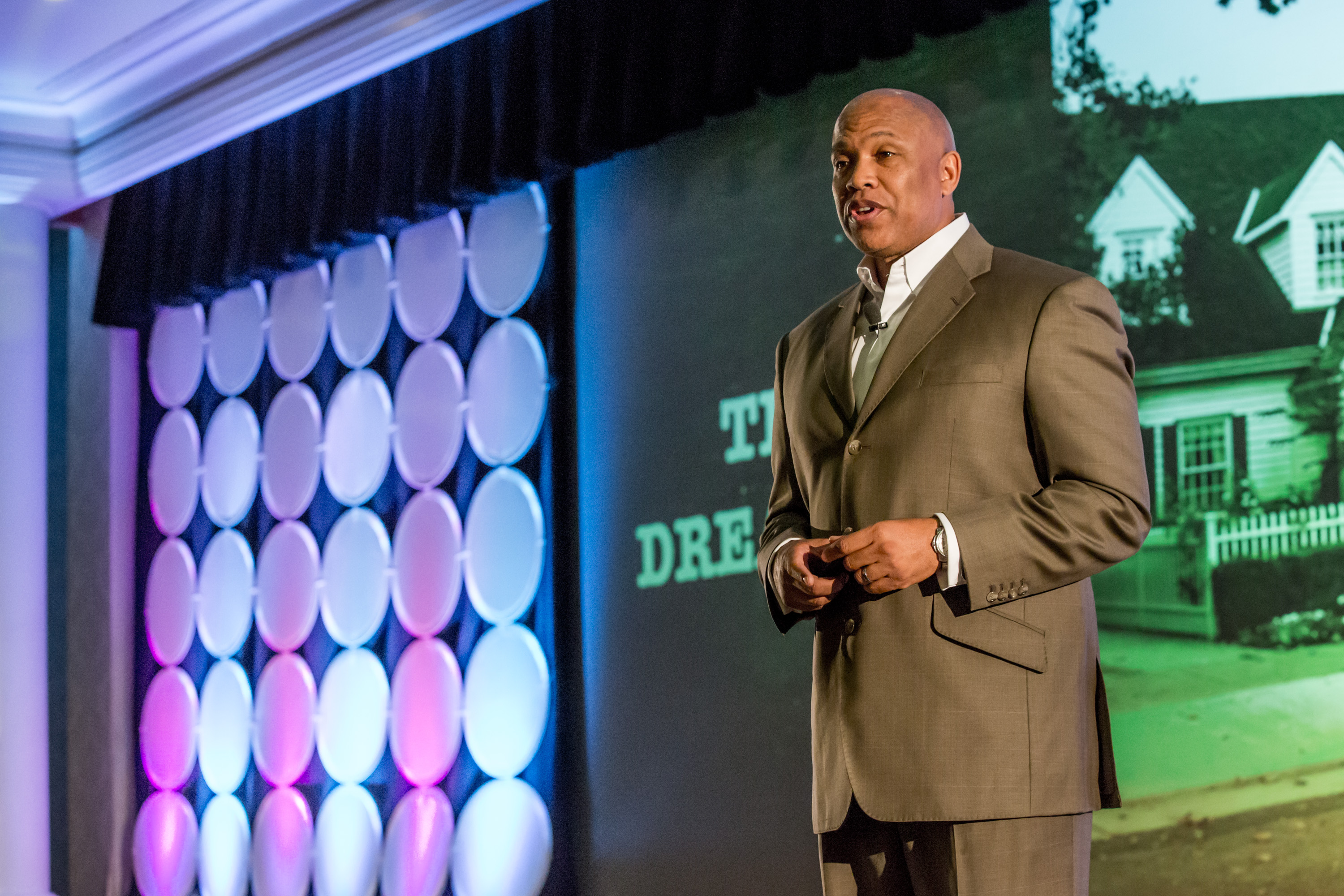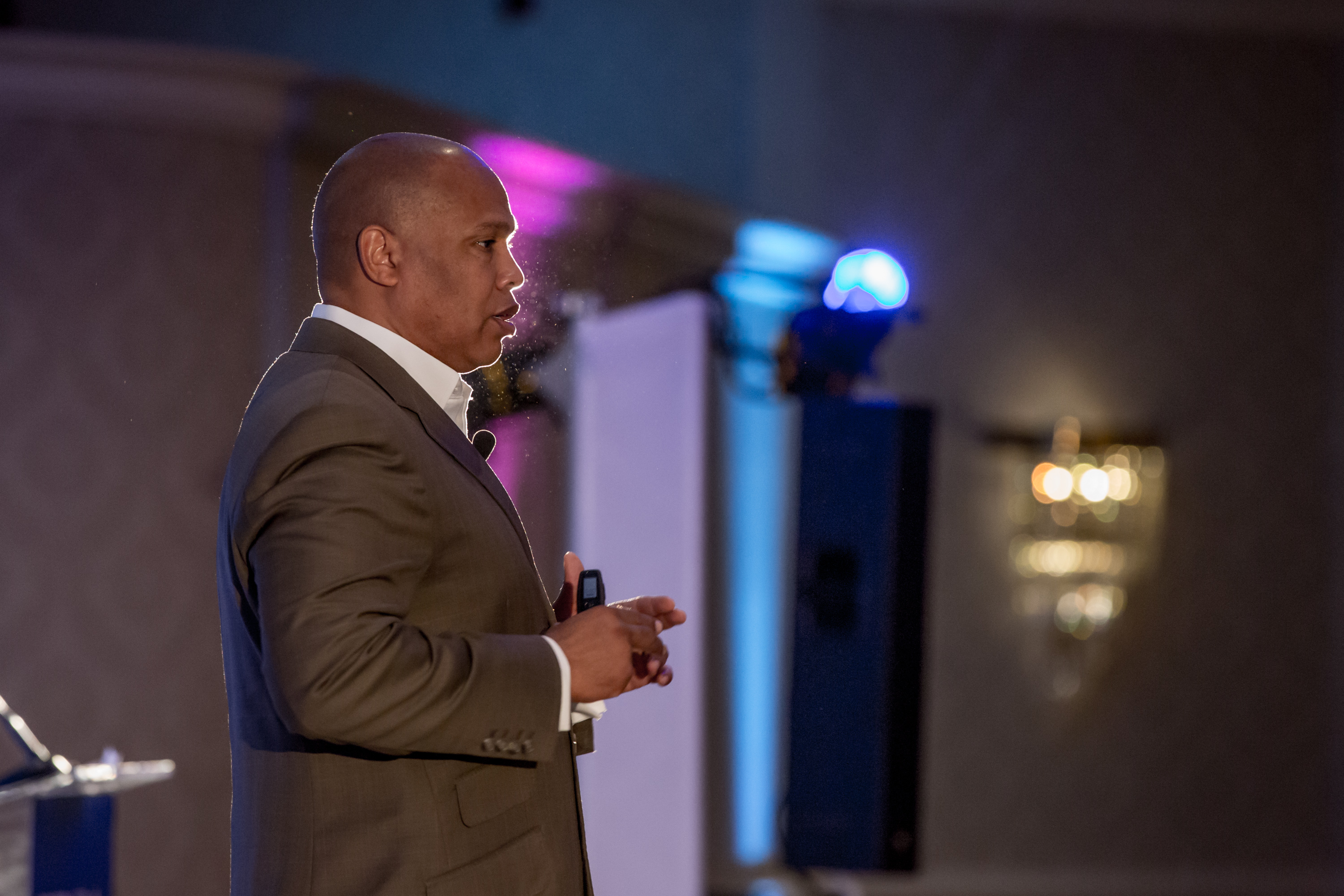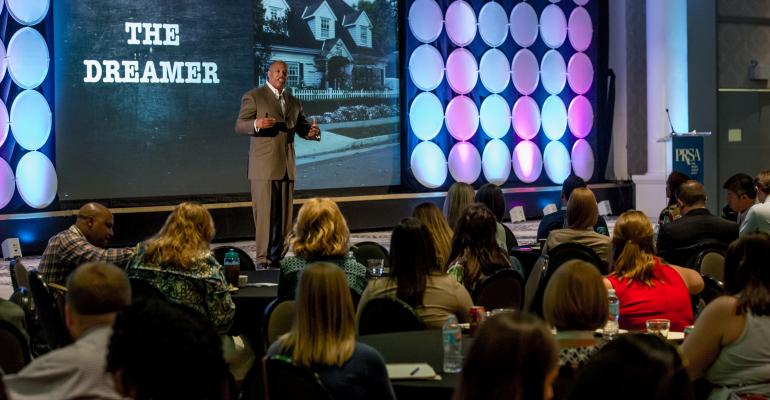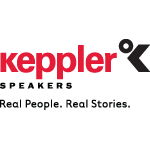The Recipe for Success: Chef Jeff Henderson
The low point in my life occurred when the Terminal Island penitentiary doors slammed shut and at age 24, I was just prisoner #16138-198 out of an estimated 2 million men and women incarcerated each year on federal drug trafficking charges—the result of many years making the wrong decisions.
From those hard-knock life lessons, from convicted felon to award-winning chef, Food Network star, and best-selling author, I found my redemptive journey through my passion for food. I realized with determination, adaptability, self-knowledge and some hustle, I could transform that early-life struggle into a thriving, “from the streets to the stove” culinary and business career which I hope to inspire others to overcome adversity to achieve their personal and professional goals.
Recognizing Your ‘Ah-ha’ Moment
Prison saved my life. It was where I discovered a series of “Ah-ha” moments that turned my life around. I started by seeking knowledge and educating myself – I turned federal prison into “federal university.” I read about the history of people who looked like me – African kings and queens – who were cultured, global thinkers, not drug dealers or criminals, and I began to believe there were other options out there.
Each successive “Ah-ha” moment became a guidepost on my journey. The first time a man of color put his hand on my shoulder and called me son was in prison. The first time I ever read a book from cover to cover or was told I was smart or had potential was in prison. The first time a man called me brother was in prison. It’s where I learned the value of trust, self-knowledge, and relationships to personal growth.
It was also the first time I entered the kitchen and discovered my passion for cooking. That discovery became the most transformative “Ah-ha” moment of my life. Cooking was my gift – it was what I was good at – and it became a turning point in my reinvention. It was my entrée into the America dream.
Fulfilling Personal and Professional Growth and Development
At age 32, I left prison a changed man, but still had some learning to do – I recognized the need for continual change throughout my career. I now had to learn how to become a good employee, a good team member, and a good leader. As an entry level employee just out of prison, I quickly had to learn to humble myself and express myself with a smile, and not come off as just having walked out of the prison with a “mean mug,” scaring people. Everything about you must reflect, “Brand, brand, brand.”

But I didn’t completely abandon my street smarts. As a drug dealer, I had an innate gift for business. I understood marketing, branding, customer service, and managing a diverse workforce. I was never violent or carried guns, but somehow, I successfully navigated the various gangs and neighborhoods to move product. My training, even though it was from the street, was real, but I had a bad product. It wasn’t until the blinders came off in prison that a fellow inmate, a millionaire from Wall Street, explained to me that “selling is selling” – the difference is the product and how one conducts business.
In prison, I developed other skills, like my “speaking hustle,” by drawing on my gift for gab on the streets. In the corporate world, they call that being a great communicator. It’s the same thing. The only difference between a street hustle and a corporate hustle is the product – and integrity.
Today, as a manager and a leader, I believe in giving people a chance, just like I was given in my early career. I believe in building relationships and helping my employees discover their hidden aptitudes and talents while cultivating their skills through praise and constructive criticism. I believe in helping my employees develop a vision for their future – their version of success – and then attaching strategies to make it happen. It’s important to help them see the big picture – show them the dream board, ask where they want to be in five, ten, 20 years – and then work together to set goals and develop a plan.
Learning Leadership
I honed my leadership skills in the kitchen, where I learned that consistency in delegation and clear communication skills were key ingredients to success. I became a role model for my employees with this mentor-by-example philosophy. Yet, I was never satisfied with merely standing by and supervising. I would get in the trenches and cook with my team every day. I got my hands dirty – a management approach applicable to all good leaders, because it shows a leader’s commitment to creating the best product possible. It also demonstrates the value of teamwork, accountability, and relationship-building, traits that are valuable not only internally, but externally with vendors, clients, and business partners.
It’s important to coach your workers as they go, cheer them on, and use praise to open the door to growth opportunities. I study my employees’ strengths and weaknesses, and place them in positions where they can best apply their gifts to help them gain confidence, develop their skills, and become more fulfilled on the job, and to expose them to new opportunities that they didn’t know were available. We are all born with a gift, and a good leader sees that and develops it in their employees.
Developing a Solid Team
I coined the term “Smarter Than You Crew” during my days on the street with dealers and customers, meaning I spent time observing subject matter experts – those around me who were smarter and more successful than I. Fast forward, as a budding chef, I put people strategically around me who were experts in areas where I was weak, so I could acquire new skills and knowledge that I didn’t have but wanted, like the art of the sell, different ways to communicate with different audiences, and where to generate leads and make connections. Study the ones who have the job you want or are living the dream you want to attain for yourself.
I apply that mix of team cultivation, mentorship, and observation to the kitchen and business environment to not only learn from others, but to identify, develop, and spotlight talent on my own “crew.” This not only results in better relationships with employees, it helps them grow as professionals. It helps them become the best that they can be and leads to a stronger company culture.
Out of all the “Ah-ha” moments on my journey of transformation, one of the greatest has been DON’T GIVE UP. When you get knocked down eight times, stand up nine times. It’s never too late to achieve your own version of the American dream. America is the country of bootstrap success, where it doesn’t matter who you are or where you come from, you can make it happen. How powerful is that?






